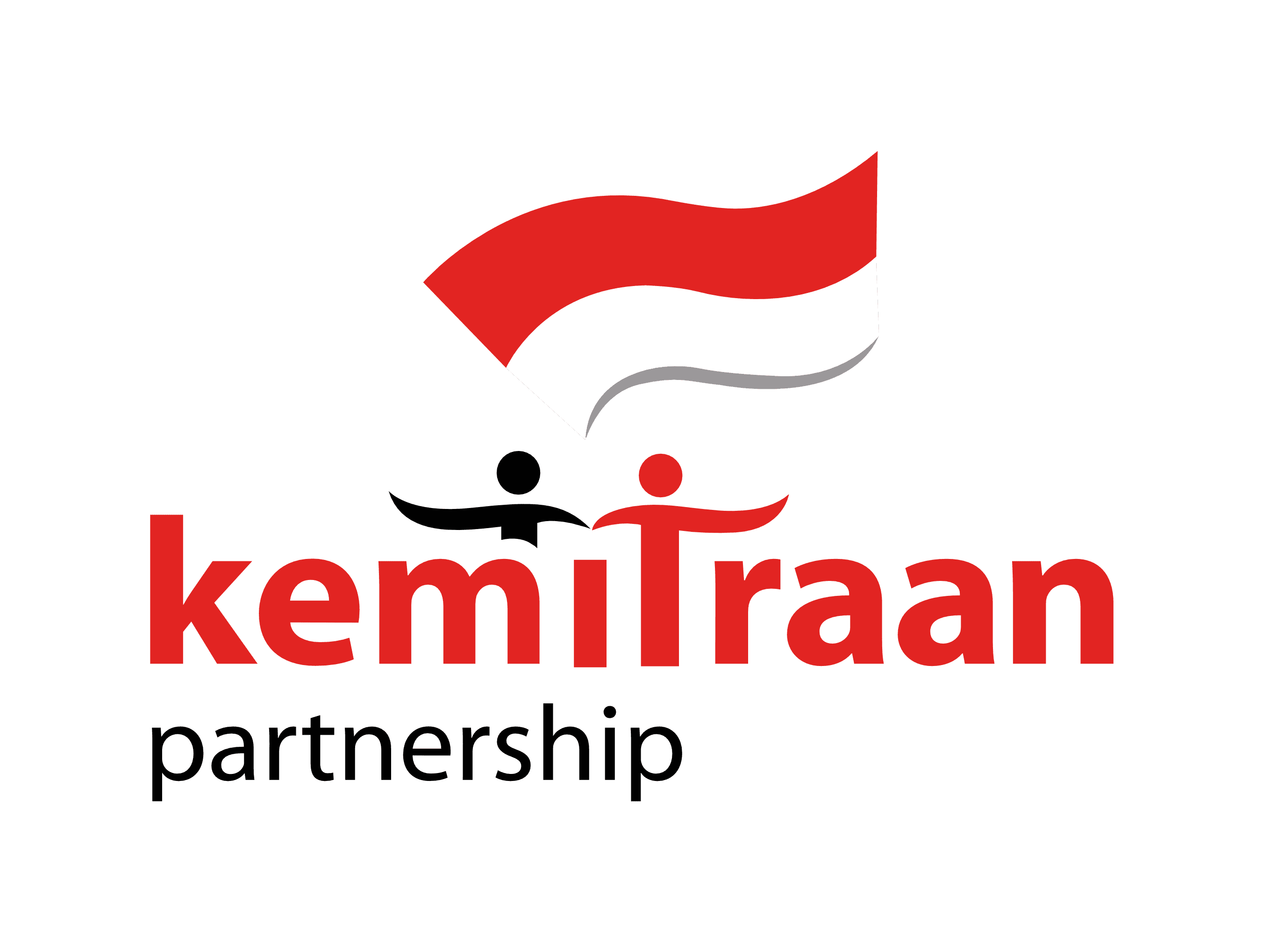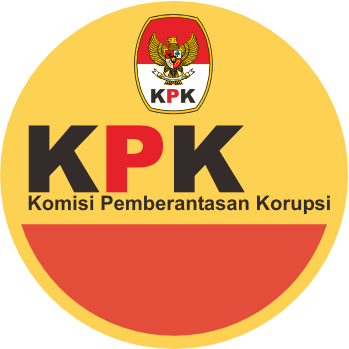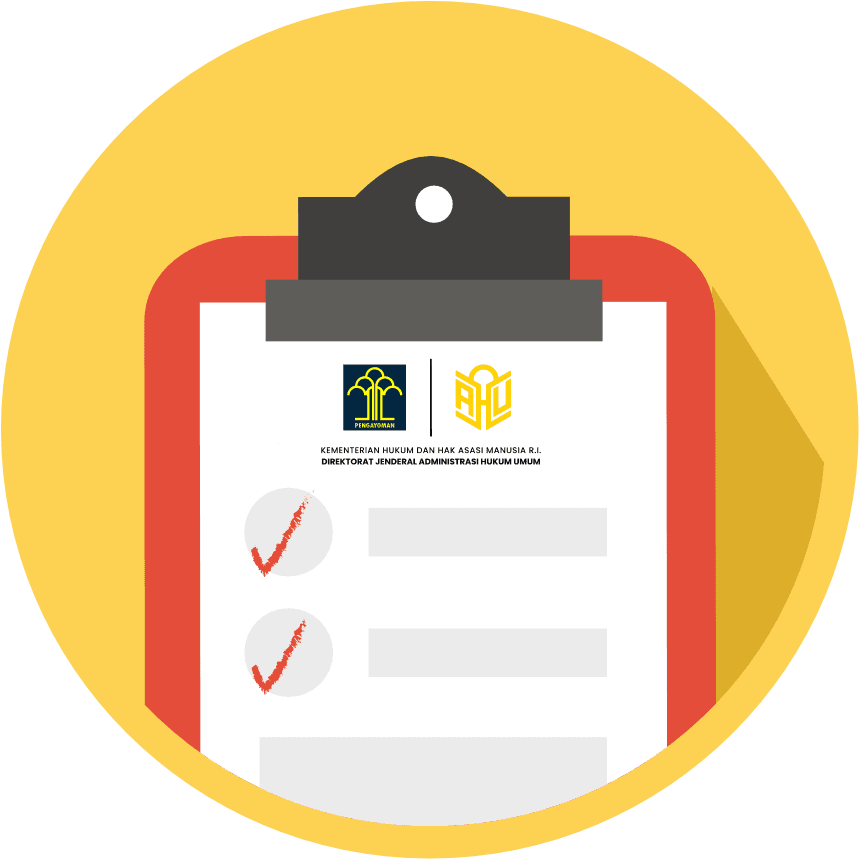
Jakarta, 8 December 2022 – Chief Justice of the Indonesian Supreme Court, Muhammad Syarifuddin and Edward Omar Sharif Hiariej, Deputy Minister of Law and Human Rights of Indonesia officially opened the Asia Pacific Justice Forum in Jakarta on December 8 2022. The two-day event, with a focus on building partnerships for the rule of law, will address regional rule of law issues, including judicial independence, healthy information ecosystems and freedom of expression, and access to justice for minorities. The forum is an international seminar held for comes after the release of the 2022 World Justice Project (WJP) Rule of Law Index®, which found that rule of law has declined globally for the fifth year in a row. According to the data, the rule of law declined in 71% of countries studied in the Asia Pacific region this year. The forum will discuss some of the region’s most pressing rule of law issues.
World Justice Project researchers, in consultation with stakeholders in the region, identified the following three topics as particularly pressing issues for the rule of law in Asia Pacific: judicial independence, healthy information ecosystems, and access to justice for minority groups. These topics will be the focus of the Forum in Jakarta and a new three-year regional strategy that WJP will launch at the event.
The Chief Justice of the Supreme Court, M. Syarifuddin, in his welcoming speech paid attention to issues regarding freedom of expression. “In the midst of public concern about the narrowing space for freedom of expression, I would like to call on judges to be more sensitive to the human rights dimension in cases that are processed to court. Guarantees for the protection of human rights in our constitution, the 1945 Constitution, the Human Rights Law, as well as various international conventions that have been ratified by Indonesia, require judges at all levels of the judiciary in Indonesia to always refer to and use these various provisions, together with the applicable criminal provisions. Only through high-quality decisions, which have comprehensive legal considerations, can we achieve the function of the court as a protector of human rights in the concept of the rule of law.
Edward Omar Sharif Hiariej, Deputy Minister of Law and Human Rights, emphasized access to justice for minority groups. “The terminology of minorities in Indonesia is rather theoretical than legal. In this sense, our legal system does not consider certain groups are less than others, either in quality or quantity. Our legal system, however, promotes emancipatory policy for vulnerable groups, for instance child, women, adat communities and elderly people. Relevant to this, it has been one of our longstanding policies that the governments, both the central and the local, provide legal aid fund across the country. Poor and vulnerable groups have been the target of this policy. This year alone, the Ministry of Law and Human Rights have spent 36 billion rupiahs dedicated for almost ten thousand cases. Admittedly, there is still a lot of work to be done to address real-life legal problems faced by public at large, especially the vulnerable ones.
Also attending this event virtually, Margaret Satterthwaite, UN Special Rapporteur on the Independence of Judges and Lawyers. According to Margaret’s observations, during the last two years of the COVID-19 pandemic, most countries experienced serious challenges which led to an increase in authoritarianism and human rights violations, as well as a decline in democracy. “One of the reasons is the intervention of various powerful parties to silence law enforcers in various ways, ranging from bribery to the adoption of provisions that affect and threaten the independence of judges and lawyers. Therefore, it is important to maintain the integrity of judges for the sake of judicial independence, “
“We are pleased to recognize the important role Indonesia plays in Southeast Asia by convening the Asia Pacific Justice Forum in Jakarta,” said Elizabeth Andersen, executive director for the World Justice Project. “This year, Indonesia made some progress in strengthening the rule of law, but with the rule of law remaining stagnant and declining in much of Asia Pacific, it is vital for stakeholders across the regions to come together to address the challenges and find opportunities for improvement.”
Attendance at the Asia Pacific Justice Forum is expected from representatives of government, the private sector, intergovernmental organizations, the academy, and civil society from throughout the region, including Australia, Hong Kong, India, Indonesia, Japan, New Zealand, Malaysia, Philippines, Singapore, South Korea, Sri Lanka, and Thailand, among others.
The forum is supported by the Australian Government through Australia Indonesia Partnership for Justice 2 (AIPJ2), KEMITRAAN Partnership for Governance Reform, and Ministry of Law Singapore. Additional support has been received from the Hong Kong Bar Association, Jupitice, and the LexisNexis Rule of Law Foundation as well as WJP Private Sector Partnership members Arnold & Porter, Hewlett Packard Enterprise (HPE), LexisNexis, Microsoft, Shell, and Wilson Sonsini. The two-day event will focus on building partnerships for the rule of law.
The Asia Pacific Forum will be live-streamed from the Youtube channel of KEMITRAAN and World Justice Project.
For more information on the Asia Pacific Justice Forum sessions, including the full list of speakers, click here.






